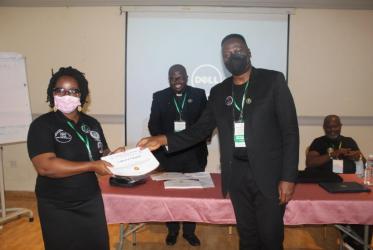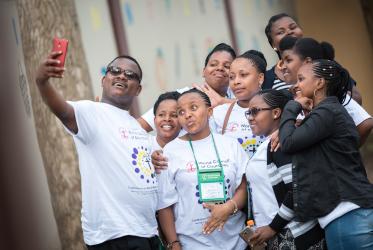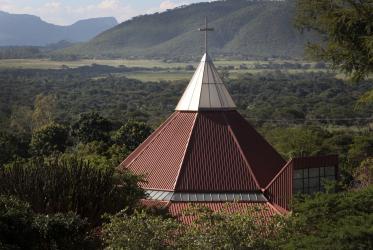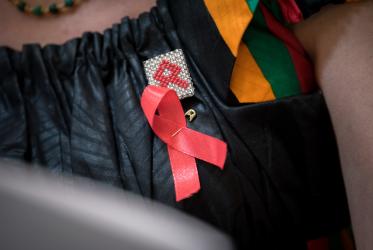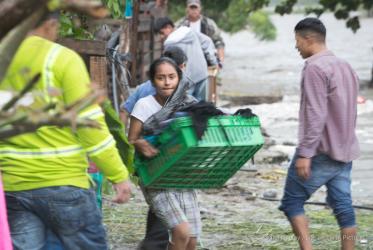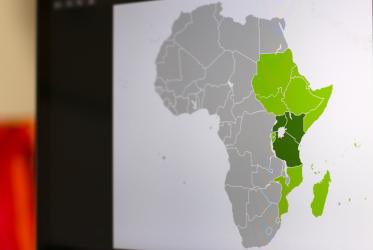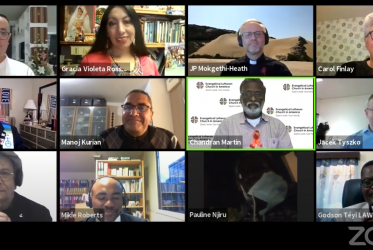Displaying 161 - 180 of 469
World Social Forum convenes to “express and practice solidarity”
28 January 2021
WCC Eco-School 2020 for Pacific region is further postponed
14 January 2021
WCC podcast deals with death and dying
15 December 2020
On World AIDS Day, “we remember them and name them in our hearts”
02 December 2020
